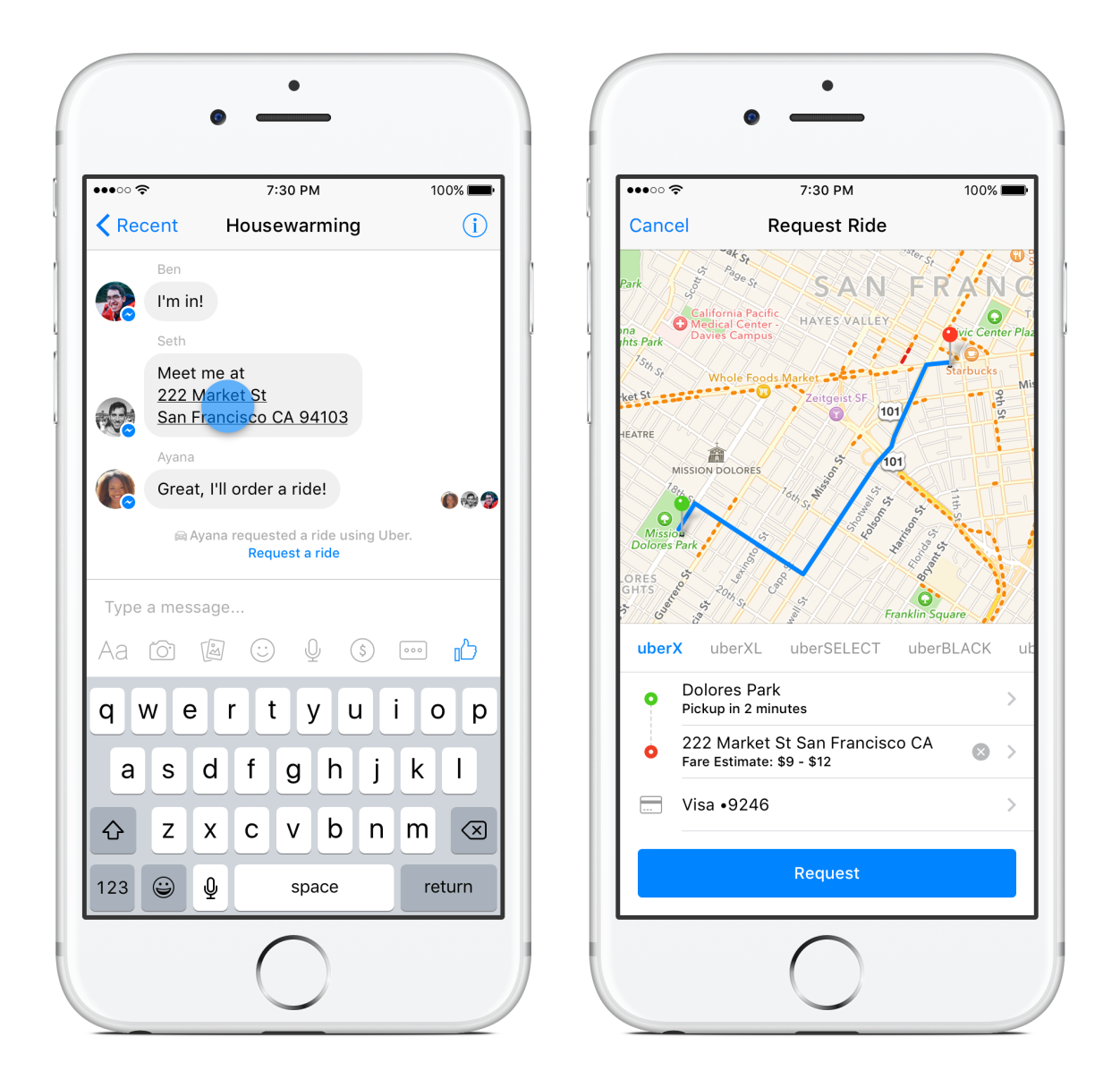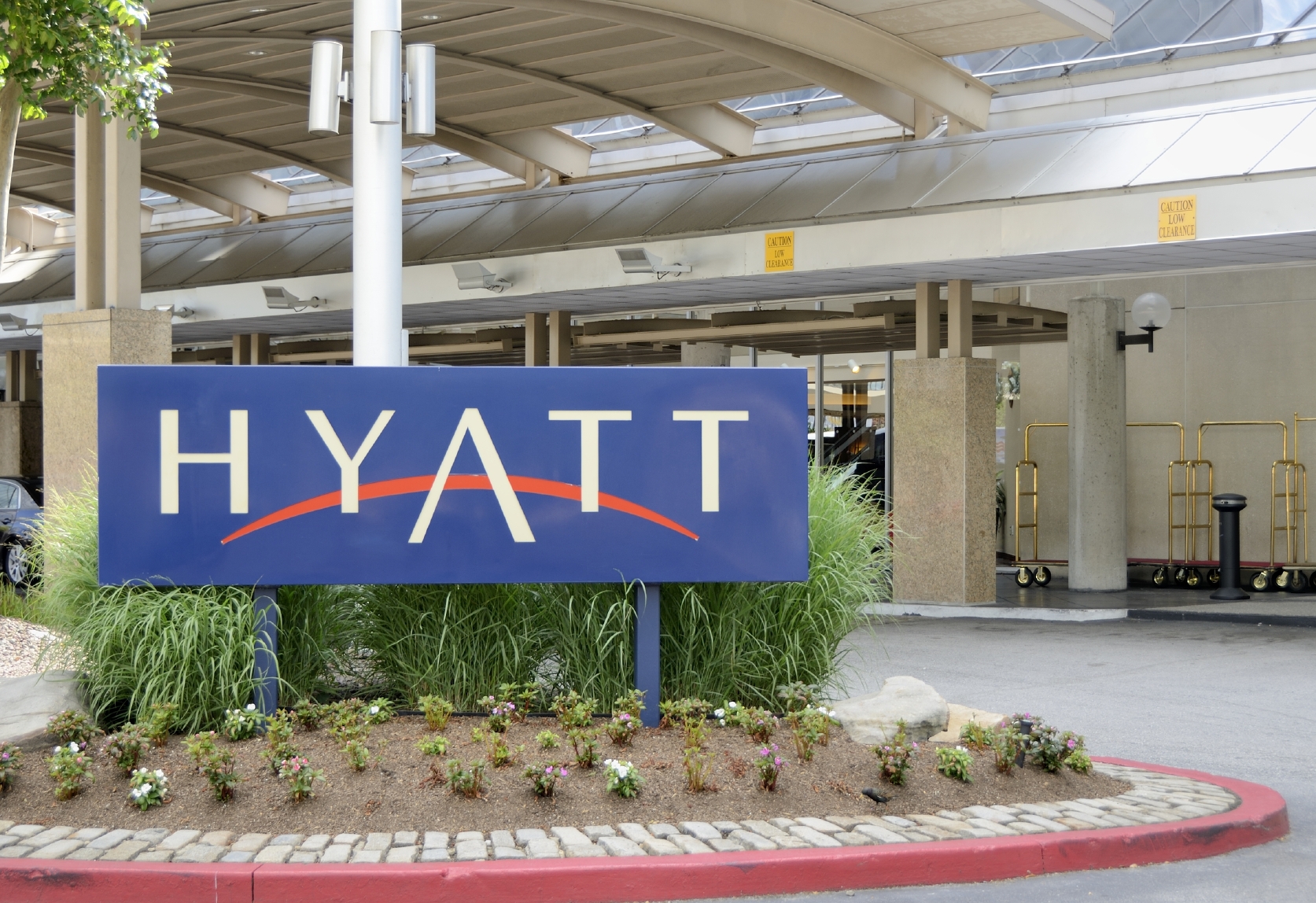What Happened
Facebook has partnered with Uber to allow users of its Messenger app to hail rides without leaving the chat app. Users simply need to tap an address in chat messages or select the new Transportation icon under the “More” menu to open a micro-app where they can log in with their existing Uber accounts or create a new one. Facebook is also letting users share updates of their rides with friends to prove they are indeed on the way. The feature started rolling out in the U.S. on Wednesday with plans to expand internationally.
Market Impact
Facebook continues to build out the functionality of its Messenger platform to lock down more users in its ecosystem while also luring more users to its messaging app by offering promotions (the first Uber ride ordered within Messenger is free). On the other hand, Uber gets to broaden its reach and acquire new users through Facebook, further solidifying its leading position in the on-demand ride-hailing market.
Source: TechCrunch


